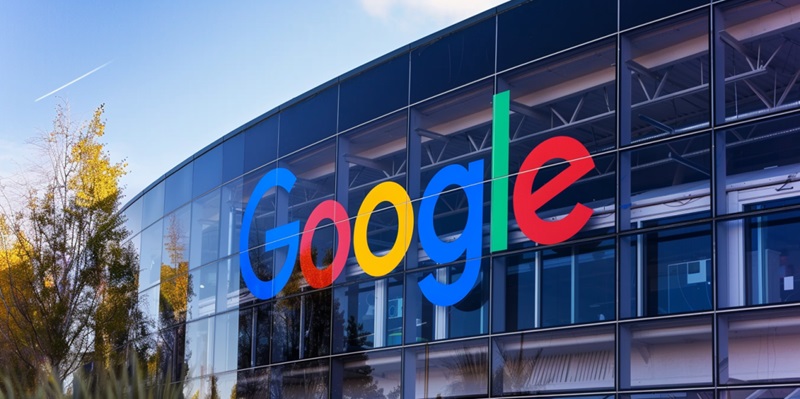Google.org, the philanthropic branch of the technology powerhouse Google, is harnessing the power of artificial intelligence to propel social progress. With the launch of the Google.org Accelerator: Generative AI program, they are on a mission to empower nonprofit organizations by providing them with advanced AI tools and expertise. This innovative program is an opportunity for nonprofits to tap into the transformative potential of AI and tackle an array of societal issues more effectively. Through this initiative, Google.org aims to create a collaborative space where AI technology can be used as a force for good, helping organizations to innovate and scale up their impact on the world’s most pressing problems. This strategic move underscores Google’s commitment to using its resources to foster positive change and demonstrates the potential of AI to accelerate solutions in the nonprofit sector.
Bridging the AI Divide in Nonprofit Organizations
According to research conducted by Google.org, there exists a notable disparity in the adoption of generative AI within the nonprofit sector. Despite recognizing the implications and utility of AI for their work, a staggering 80% of nonprofits have not yet integrated these technologies into their operations. The primary barriers they face include a considerable lack of access to sophisticated tools, awareness of AI functionalities, requisite training for staff, and the ever-present constraint of funding. These limitations prevent nonprofit entities from harnessing the transformative power of AI to streamline processes, enhance decision-making, and ultimately magnify their societal impact.
The Google.org Accelerator: Generative AI program has been meticulously structured to mitigate these challenges over its six-month duration. Through intensive technical training, collaborative workshops, and dedicated mentorship from AI experts, nonprofits will be positioned to develop and implement cutting-edge AI-driven solutions. Crucially, a total investment of over $20 million will underpin these efforts, underscoring Google.org’s commitment to integrating AI into social impact initiatives. Projects expected to benefit range from aiding public benefits access to delivering educational resources in underserved communities, from combating misinformation to optimizing language translation services for refugees.
Embracing Generative AI for Social Good
Annie Lewin from Google.org champions generative AI’s potential to vastly enhance nonprofit efficiency, creativity, and productivity. This technology promises not just swift achievement of goals but also significant cost reductions, aligning AI innovation with the core principles of social good. This positive outlook contrasts earlier fears of AI displacing jobs, presenting AI instead as a supportive tool for human efforts.
The approach is part of a broader shift towards responsible AI use that prioritizes human and environmental benefits. Industry feedback underscores the importance of managing AI responsibly, echoed by the White House appointing AI chiefs in federal agencies, reflecting AI’s growing policy influence. Among the advances across various fields, such as collaboration tools and environmental monitoring, the Google.org Accelerator program is a strategic initiative addressing AI’s rising prominence and complex development.

